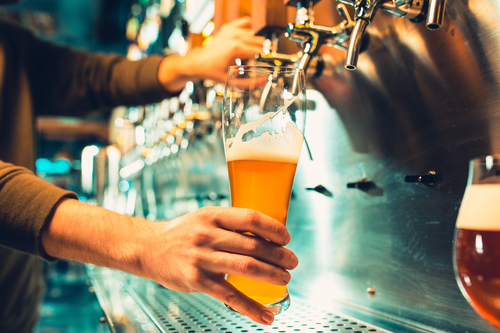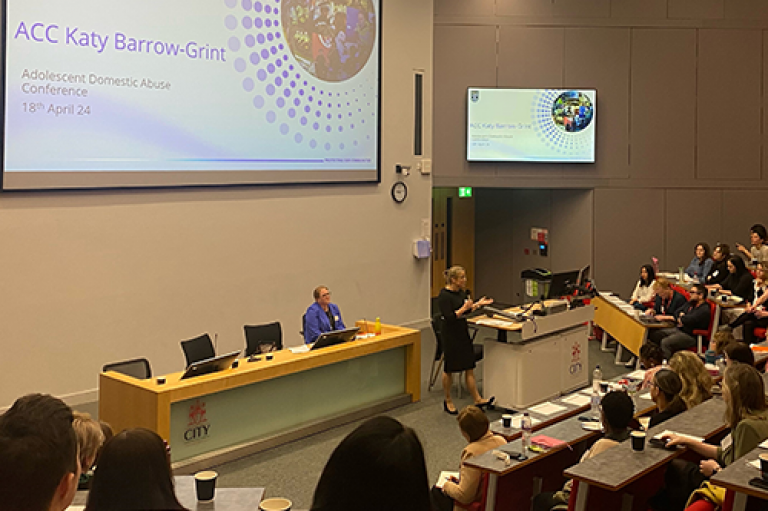The researchers:
- Professor Ajay Bhalla (Principal Investigator)
- Professor Joseph Lampel (Principal Investigator)
- Dr Aneesh Banerjee (Co-Investigator)
Research status:Completed
In summary
An employee-owned business is a company that’s owned by its workers. The John Lewis Partnership is an example. But it’s hard to name others, and few business schools or advisors know any.
Professor Bhalla and Dr Banerjee of the Bayes Business School at City and Professor Joseph Lampel of the Alliance Manchester Business School at the University of Manchester have been researching employee ownership for several years. After writing a report for the John Lewis Partnership and the Employee Ownership Association on the differences between employee-owned businesses and regular companies, the research team would go on to work with the Government and the Ownership Effect Inquiry, the most ambitious employee ownership research project in the UK.
All of the team’s evidence shows employee-owned businesses benefit employees, companies and communities, and that awareness of EOBs is growing. There are now almost 400 EOBs in the UK, 10 times more than there were a decade ago.
Did you know?
What did we explore and how?
In 2009, the John Lewis Partnership and the Employee Ownership Association invited Professor Lampel, Professor Bhalla and Dr. Pushkar Jha to research how EOBs compared with regular businesses for a report. Did they have advantages over non-EOBs? How did they perform in times of economic growth? And what about in times of economic uncertainty?
Their report caught the Government's attention repeatedly between 2010 and 2013, with the Department of Business, Innovation and Skills asking Professors Bhalla and Lampel to do more research on employee ownership. The second report, sponsored by the Department, was published in 2012.
In 2017 the EOA invited Professor Lampel, Professor Bhalla and Dr Banerjee to join the Ownership Effect Inquiry. The research team did an extensive literature review, considering the policy environment, key enablers and major obstacles. The team then produced a second review featuring the most comprehensive evidence on employee ownership in the UK, based on interviews and letters from over 100 EOBs and professional advisers collected across seven panel interviews in five cities.
This evidence led to the final report, The Ownership Dividend: The Economic Case for Employee Ownership. It was released by Baroness Sharon Bowles, the Chair of Enquiry at The Institute of Directors, in June 2018. The event featured speeches by Andrew Griffiths MP, Parliamentary Under Secretary of State, BEIS, Sir Charlie Mayfield, Chairman of the John Lewis Partnership and Peter Cheese, Chief Executive of the Chartered Institute for Personnel and Development (CIPD).
In 2019, the research team published their book “The Resilient Decision-Maker” in which they highlighted how employee ownership enhanced resilience of organisations.
Benefits and influence of this research
More should happen to raise awareness and improve knowledge of EOBs among business schools and advisors. But things going in the right direction. In 2009 there were 40 EOBs. Now there are 370. Along with John Lewis, other big names include technology retailers Richer Sounds and food manufacturers Wilkin & Sons.
Professor Lampel’s and Professor Bhalla research from 2009 found EOBs can grow well in times of economic uncertainty. In 2019 the UK’s top 50 EOBs have combined sales of £19.2 billion, employ 166,000 people, and 60% of them have no net debt.
The Ownership Dividend report published in 2018 as part of the Ownership Effect Inquiry covers more benefits linked to employee ownership. It highlights how individual employees are more engaged with their workplace and have higher salaries. Businesses see more productivity and don’t have to replace workers as often as non-EOBs. And communities see profits from EOBs going into regional projects and more jobs for local people.


